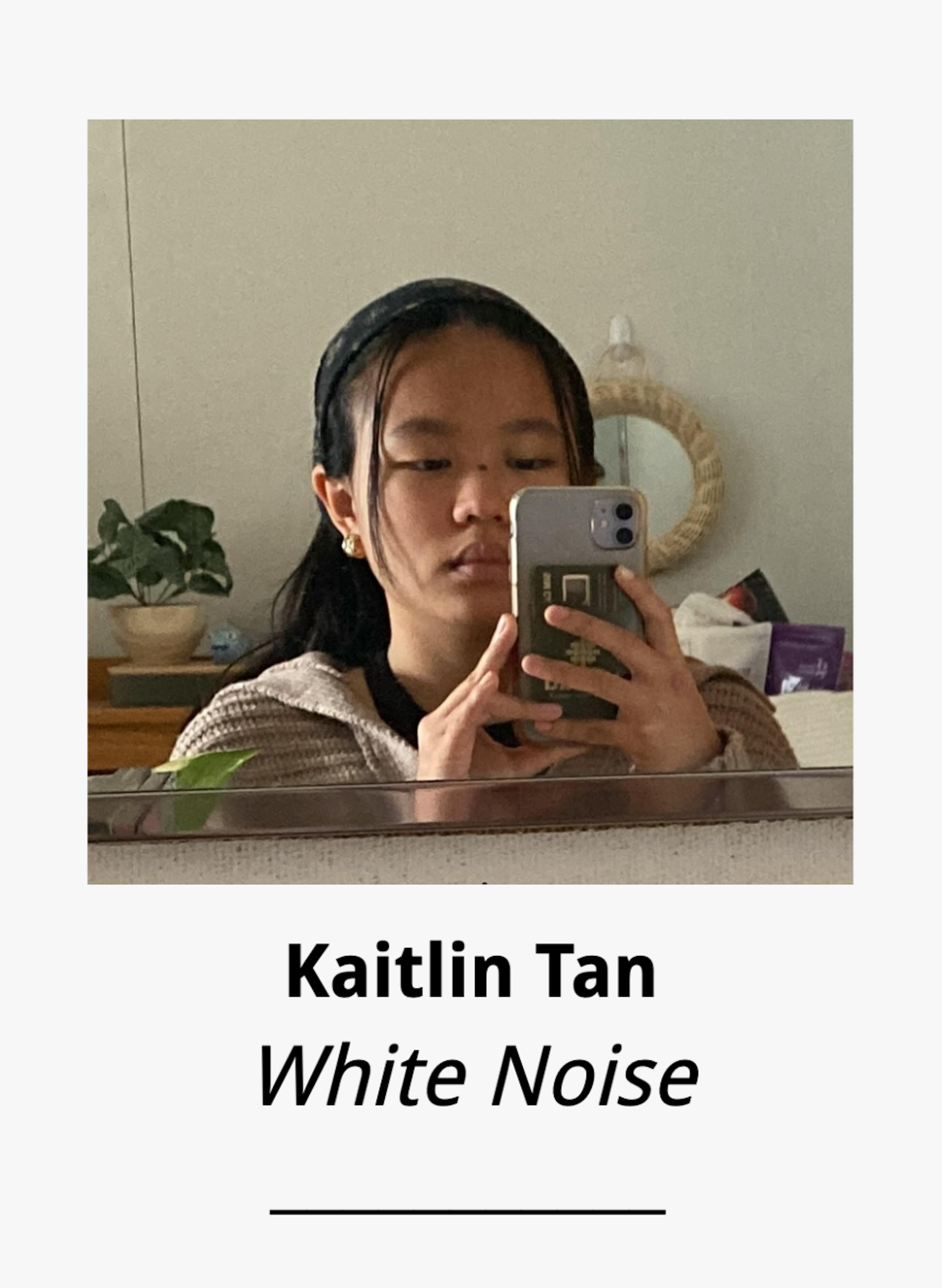
Lately, I’ve been thinking a lot about time. More specifically, how the same volume of time can be compressed or expanded so that a morning can feel like twenty minutes or five seconds or a week, even when the clock is ticking by at the same pace. I’ve been thinking about whether we can control it — not time itself, but our perception of it.
When I was first getting into dance, I became obsessed. During my junior and senior years of high school — despite these being some of the most hectic times in my academic career up to that point — I found the time to practice nearly as much as I was in school. I’d sign up for back-to-back lessons for hours after my classes ended. Sometimes, I’d stay up until three or four in the morning, following along to online videos. If I had extra homework or if dinner ended later than planned, I’d pull a chunk of extra hours out from my back pocket. No interference was able to take that time away from me, and so the hours felt expansive. Ever-available, if only I reached.
Passion had to have an impact on time because if I wanted to do something badly enough, I’d find the chance for it, even if it meant squeezing that time out of a day that was already full. The opposite, predictably, applied to the things I wasn’t interested in. No matter how hard I tried, for example, I could never find the time to replace that one pair of gym shoes that were graying and wearing through the back. No matter how much I insisted that I liked it in theory, I never found the time to learn to play chess. Time presented windows for whatever that I felt I needed to do and shrank away for the opposite. But this is all predictable. It seems like something that would be naturally hardwired into us — to protect what we care about and exhibit aversive behaviors, intentional or not, toward what we’d rather not engage with. What was less predictable for me was the extent to which my relationship with time changed when I studied abroad.
This past summer, I had the wonderful experience of studying abroad in Rome, something I came away from with many dear memories and close friends. But something that struck me in retrospect was the way I treated time differently in Italy. On many mornings, I would wake up early before class to sit out on a balcony and complete the day’s readings with a pastry and a nice cup of coffee. I would look out onto the hills spotted with colorful houses, watch traffic slowly build on the streets and I would feel the day as an open thing before me. No matter whether I had a paper due or an appointment at the clinic, I hardly missed a chance to roam or eat with friends. The city felt both monumental and knowable — I couldn’t miss the opportunity to see it. So, the time presented itself. Every minute seemed to count for the experience of it.
Returning back to campus this semester, I already feel myself slipping into older habits — which has me prodding the question of what should make this type of college living any different from my summer experience, where, forced out of habit and faced with the challenge to know a place that could not be known in so little time, I found every chance to engage. To make all of my hours, rather than a select few, expansive.
Perhaps it is a matter of routine and familiarity. Here, I have a set way of going about my day. I eat at intervals and attend classes and extracurriculars and work in between. While it might be easy to attribute my lesser amount of free time as the real difference, it feels like somewhat of a cop-out. There have been many more dire situations with tighter timelines, such as intervals between time-locked pieces of travel, where I’ve squeezed more than I thought was possible into pockets of time that felt overflowing. While there is also the possibility for burnout to shape how things unfold, I know that I haven’t yet reached that point.
In the wake of these alternatives, I am faced with the simplest explanation of habit and schedule. Maybe it is all too easy to slip into the habit of doing something for the simple routine of it getting done. When something feels ordinary and cyclical, even when it might not actually be, it is easy to do things for the sake of doing them rather than with real intention. That, I think, at least for now, is what shapes my relationship with time. Time is a matter of priority, and when that intentionality is lost, so too is the time.
It would be false of me to say that this was not natural. I don’t think we’re made to live with our eyes always peeled open and fixed on some specific goal or prize, that we are always meant to economize our time. I am simply observing as I feel time sliding as this semester picks up pace and reaching for ways to pull it back. Maybe time is an opportunity, a malleable thing that presents itself as we are willing to see it, a thing that passes in the same steady way that it always does but can still be shaped into however large or however small a space, depending on what we make of it.
Kaitlin Tan is a junior from Manila, Philippines majoring in Writing Seminars and Cognitive Science. She is a Magazine Editor for The News-Letter. In her column, she tries to parse through the everyday static for something to hold onto.





